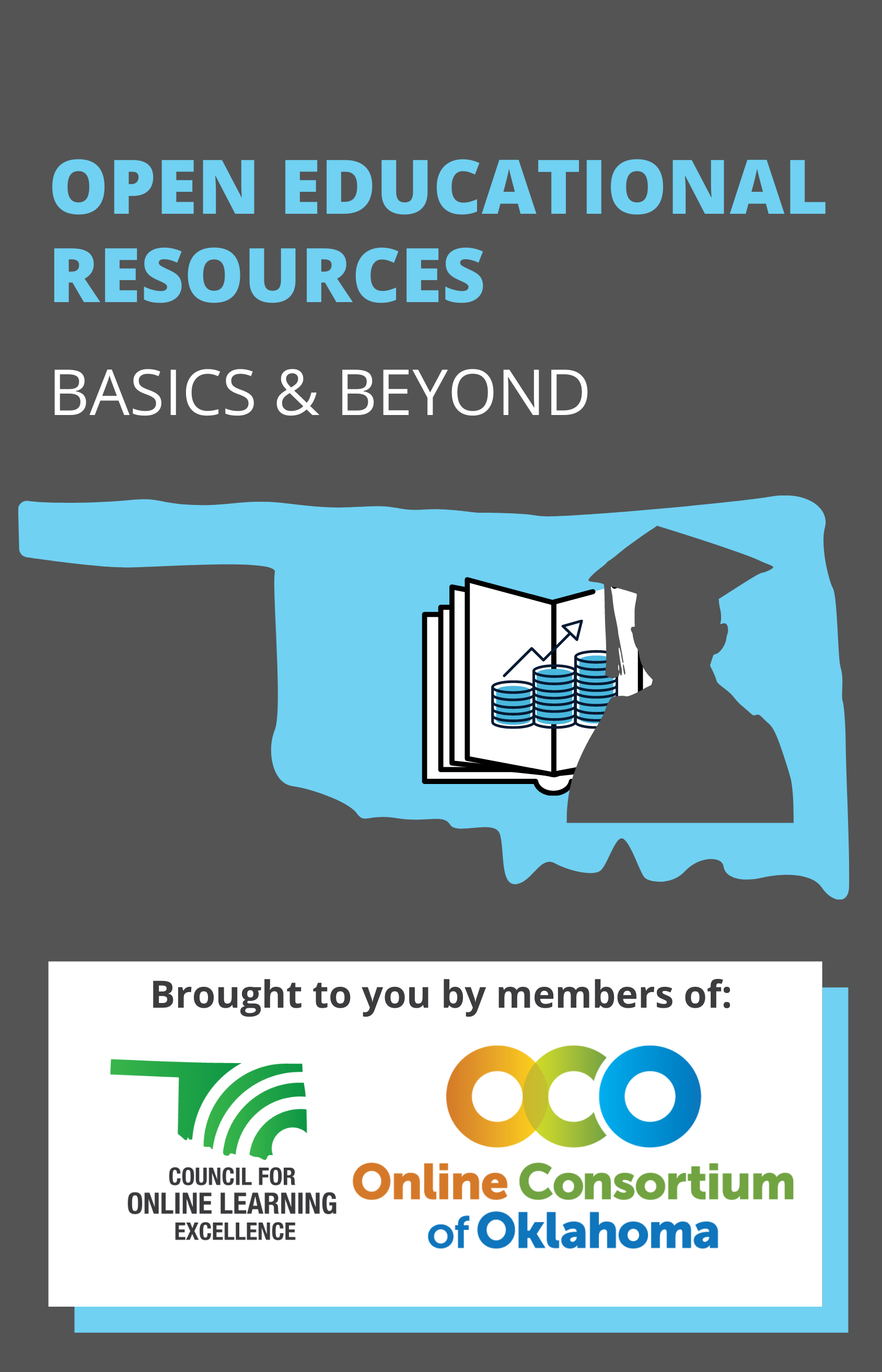the OGL is objectively more open than the CC-BY-4.0, as I already outlined before. By not mandating that all derivative mechanics are themselves open, the CC-BY-4.0 is less open. Any suggestion to the contrary is inarguably wrong.
And yet here I am arguing! =D
First, I have good news for you, the ORC license seems right up your alley and other game companies are using it.
Second, here's an example of where it sure feels like a "share alike" license is more restrictive to downstream creators.
Kobold Press's Black Flag uses the 5.1 SRD under the CC, as does the full Tales of the Valiant book. Kobold Press themselves released the Black Flag SRD under ORC but specifically did not include all of their subclasses and some other material. Using the 5.1 SRD under the CC let them decide what to release and what not to release.
But a downstream creator building new TOV compatible subclasses using Black Flag with ORC must release all subclasses they create under ORC. They don't get the same advantage Kobold Press did to back some of their material because of the viral nature of ORC.
If Kobold Press had released Black Flag under a CC BY license, downstream producers could make the same choices Kobold Press made to decide exactly what they want to release and what they want to keep themselves.
I understand we disagree and I don't expect to change your mind but personally, I don't see how a viral license can be considered more "open" than a license that permits the downstream producer to do what they want with it.
It doesn't matter now, but had WOTC released the 5.1 SRD under a CC BY SA license, I would have found it significantly more restrictive and less "open".




